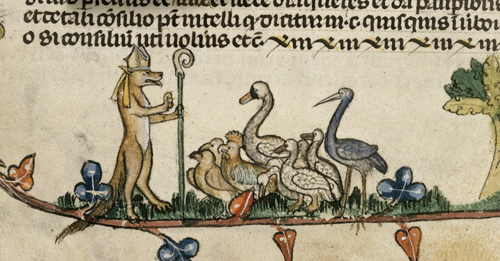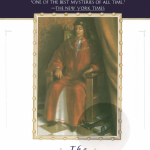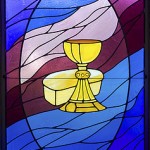Here’s a sprightly little ditty about drunkenly salvaging chickens, couches, cows, and brandy from the shipwrecked Athens Queen, sung (and composed, I believe) by the inimitable Stan Rogers. And then, if you like, you can hear it performed by a troupe of buskers who dress like pirates and call themselves “The World Famous Bootstrappers.” None of them sing as well as Stan Rogers, but they get extra points for color: Read more















